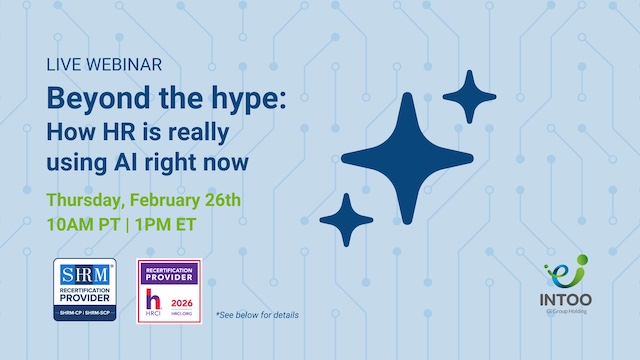How Do You Define Affirmative Action?
Affirmative action refers to a set of policies and practices aimed at promoting equal opportunities for historically underrepresented or marginalized groups. These measures often focus on areas like education, employment, and contracting, addressing systemic inequalities based on race, gender, ethnicity, or other factors. Affirmative action programs are designed to rectify historical injustices and create a level playing field, ensuring diverse representation in institutions and organizations.
What Is the Purpose of Affirmative Action in the Workplace?
The purpose of affirmative action is to combat discrimination and enhance diversity by providing opportunities to those who may face systemic barriers. It recognizes that equal treatment is not always enough to achieve fairness when individuals come from unequal starting points. Through measures like targeted recruitment, scholarships, or employment preferences, affirmative action aims to foster a more inclusive society, where everyone has access to opportunities regardless of their background.
Criticism and Debate
Affirmative action has sparked significant debate over its fairness and effectiveness. Supporters argue that it is a necessary tool to address deeply rooted inequalities and promote social justice. Critics, however, claim it can lead to reverse discrimination, undermining meritocracy and fairness. The topic remains a contentious issue in many countries, with evolving legal frameworks and differing societal views shaping its implementation and future.
How Affirmative Action Works in Practice
Affirmative action programs are implemented through specific actions designed to improve representation and reduce inequality. In the workplace, these efforts may include:
Targeted Recruitment: Actively seeking candidates from underrepresented groups to apply for roles.
Inclusive Hiring Practices: Using diverse hiring panels, standardized interview processes, and removing biases in resume screening.
Mentorship and Development Programs: Offering career support and leadership development opportunities for employees from historically marginalized backgrounds.
Workplace Audits: Analyzing hiring, promotion, and pay data to uncover and address disparities.
Supplier Diversity Initiatives: Prioritizing partnerships with minority-owned or women-owned businesses.
While specific approaches vary by organization and legal jurisdiction, affirmative action is generally about expanding access—not about quotas or hiring unqualified candidates. It’s meant to ensure equal opportunity, not guaranteed outcomes.
Why Affirmative Action Still Matters Today
Affirmative action remains a relevant and often necessary strategy in addressing persistent disparities across employment and education. Here’s why it continues to play a critical role:
Systemic Barriers Persist: Despite progress, many groups still face disadvantages in access to quality education, mentorship, and career opportunities.
Workplace Diversity Improves Outcomes: Diverse teams are shown to foster innovation, enhance problem-solving, and reflect the broader customer base.
Legal and Social Responsibility: Many jurisdictions encourage or require affirmative action in public sector hiring and government contracting as a matter of public policy.
Signals Organizational Values: Companies that actively support inclusion and equity demonstrate a commitment to fairness and belonging, strengthening their employer brand.
Ultimately, affirmative action isn’t about giving unfair advantages—it’s about acknowledging unequal systems and working to create more equitable ones through intentional and lawful means.




